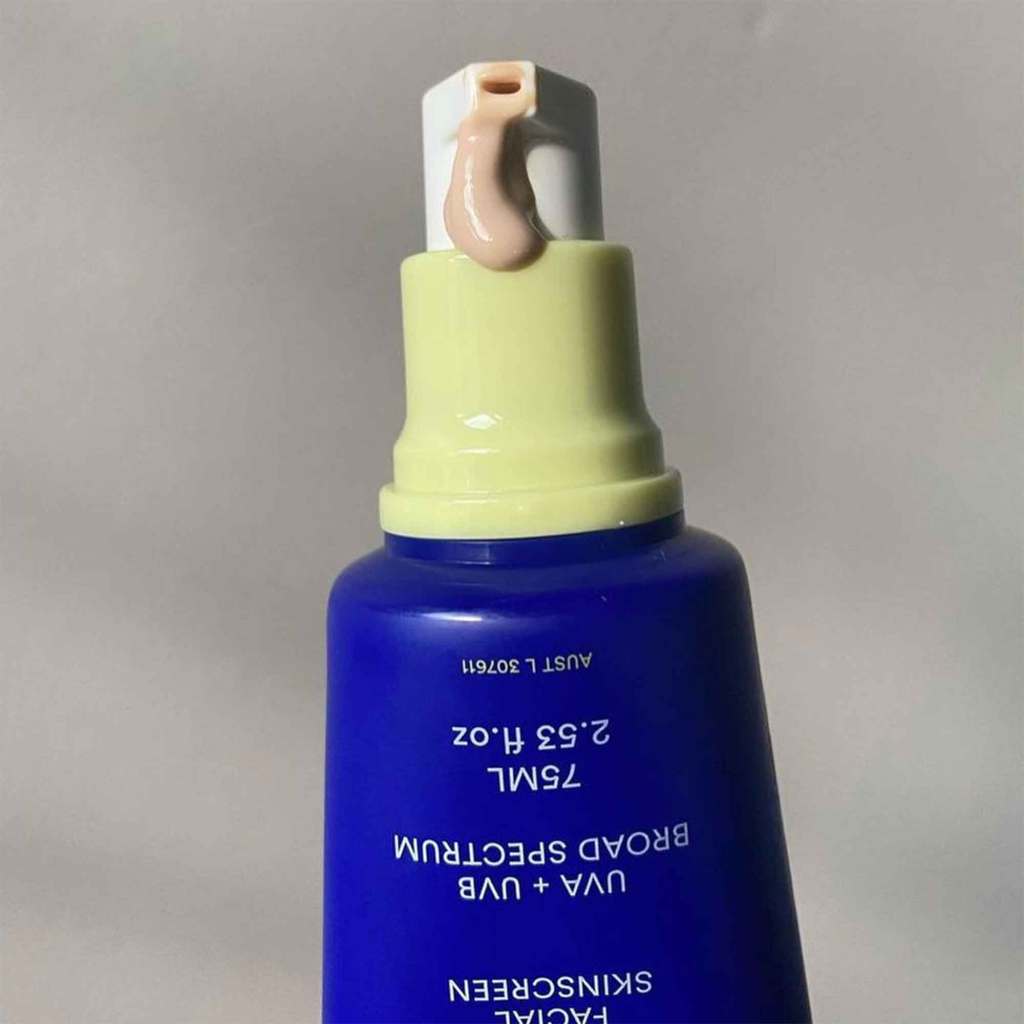When you think of sunscreen, your mind most likely conjures up images of days at the beach and the sun beating down on your skin. For many of us in Australia, we become acquainted with sunscreen as a child, when our parents rub the thick white cream into our skin as a means of protection.
As an adult, chances are your sunscreen bottles don’t get much use until summer comes around. If you’re wondering how often you should be wearing sunscreen, the answer is every day. This is not a sometimes product and its use is definitely not dependant on the weather.
The Cancer Council recommends using sunscreen every day, but especially on those days when the UV Index is forecast to be three or above. During winter in Australia, many days exceed three on the UV Index, meaning that SPF is required all year round — not just in summer. Below, we’ve rounded up everything you need to know about sunscreen application.
When Should You Apply SPF?
When it comes to the application, sunscreen should be applied 20 minutes before going outdoors, so the product has adequate time to sink in and provide protection. Try to factor this into your morning routine so the SPF is applied a while before you leave the house.
How Much Sunscreen Is Needed?
For sunscreen application, approximately one teaspoon worth of product is needed for each arm, leg, body front, body back and face (which includes your neck and ears). That’s roughly seven teaspoons (or 35mL) to cover your whole body. It sounds like a lot, but if you use any less, you won’t be getting proper SPF protection.
How Often Should You Reapply?
This same amount needs to be reapplied at least every two hours, regardless of the water-resistance of the product. It’s extremely important to reapply straight after swimming, sweating, towel drying or sport. If you’re wearing makeup, there is a handy trick to help you reapply over your products.
Does Sunscreen Provide Enough Protection?
While sunscreen is an important step in protecting your skin, it should also be used in conjunction with other protective measures. The Cancer Council recommends also donning a hat, protective clothing, sunglasses and seeking shade where possible so you’re not in direct sun.

